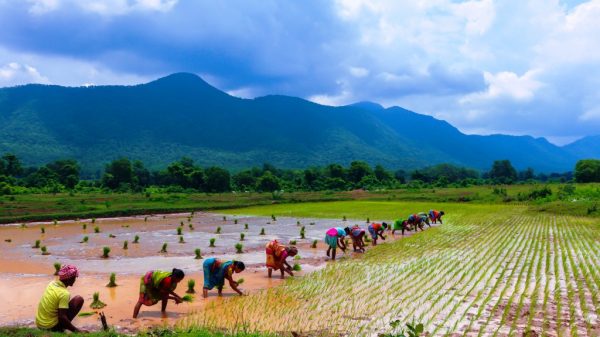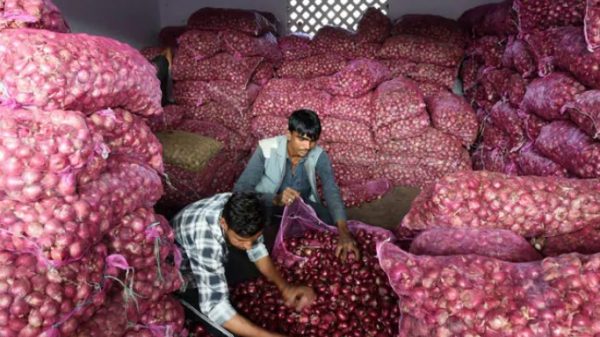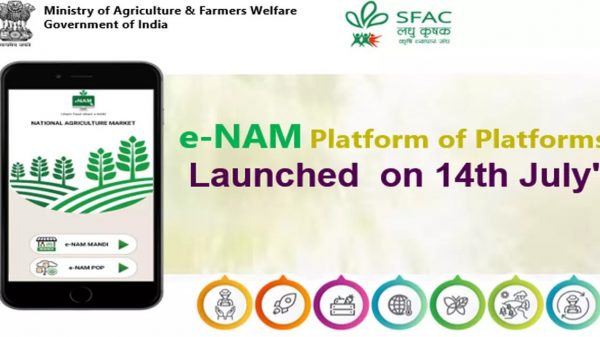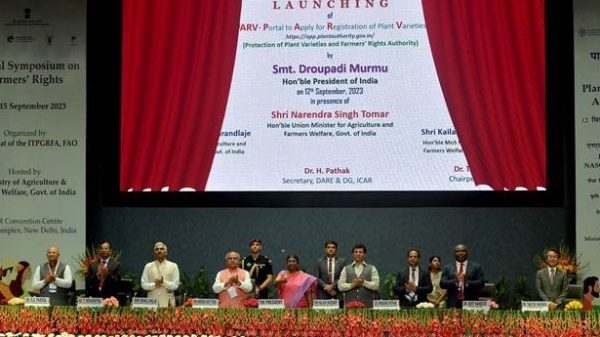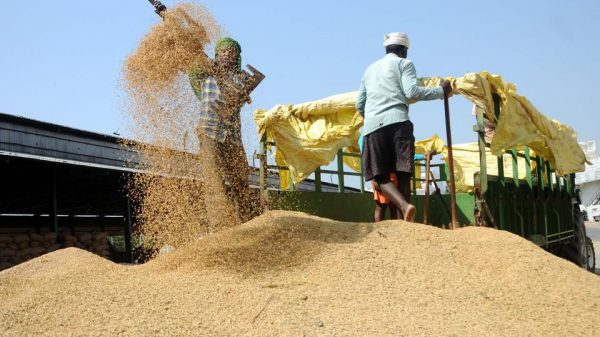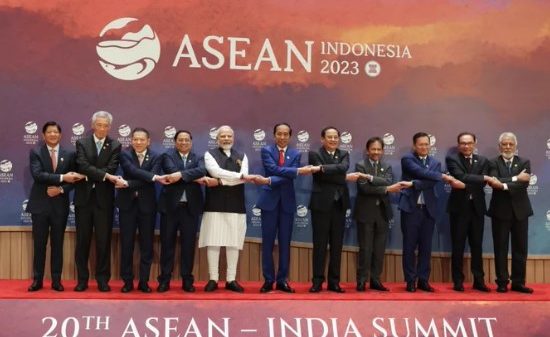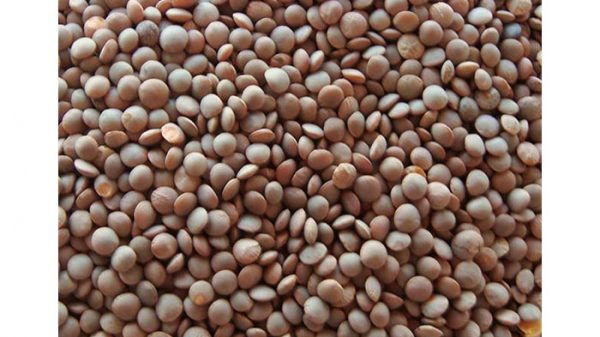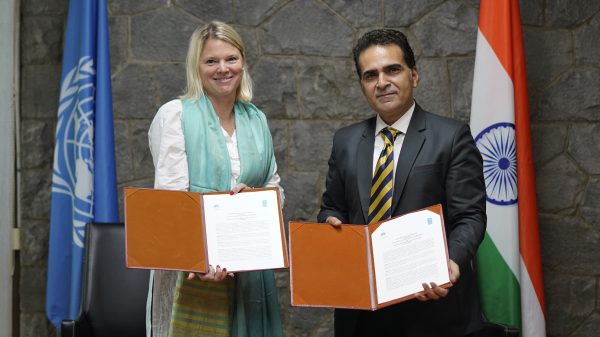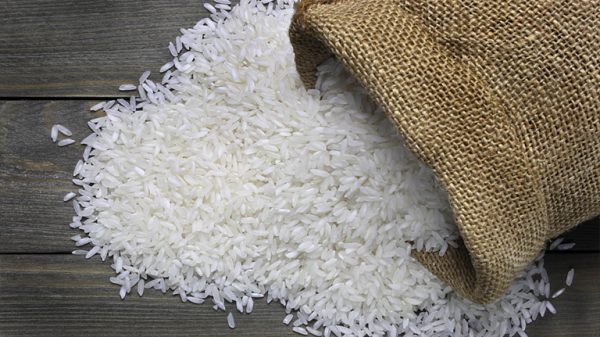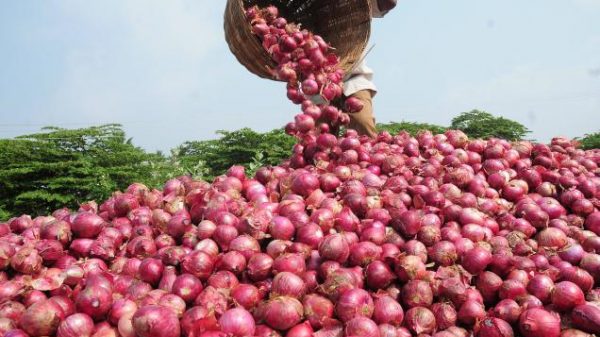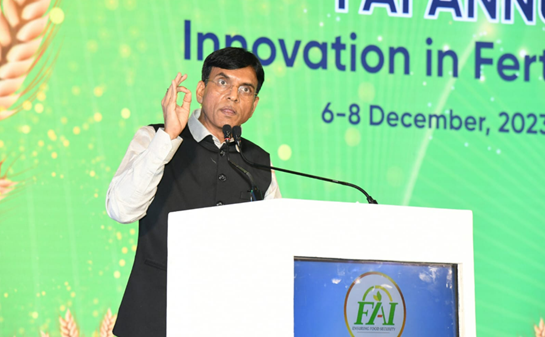In a bid to prevent the illegal export of non-basmati white rice under the guise of premium basmati rice, the Central government has announced stringent regulations for rice exports. The Ministry of Commerce and Industry has taken steps to safeguard the authenticity and quality of rice exports, particularly basmati rice, which holds a significant position in India’s export market.
According to official sources, the government has instructed the Agricultural and Processed Food Products Export Development Authority (APEDA) not to register any contracts for basmati rice exports valued below $1,200 per tonne. The move is aimed at curbing the potential misuse of premium basmati rice labels for the illegal shipment of lower-grade non-basmati white rice. Existing contracts below this price threshold have been put on hold, pending further evaluation by a committee chaired by APEDA.
These measures are part of the government’s broader efforts to stabilize domestic rice prices and ensure an adequate supply of rice within the country. The government has also been striving to manage the impact of global rice price fluctuations on the Indian market.
It’s important to note that these restrictions follow a series of actions taken by the government over the past year. In September 2022, the export of broken rice was banned, and in July , restrictions were placed on non-basmati white rice exports. Additionally, a 20% export duty was recently imposed on par-boiled non-basmati rice.
These moves come as India seeks to maintain control over its rice production and distribution. The government’s actions are seen as necessary to ensure food security within the country and to prevent any potential loopholes in the export system that could be exploited for illicit gains.
The decision to set a minimum price threshold for basmati rice exports is particularly significant considering the importance of this commodity in India’s international trade. Basmati rice exports totaled $4.8 billion in value terms and 45.6 lakh tonnes in volume during the 2022-23 fiscal year. Meanwhile, non-basmati rice exports accounted for $6.36 billion in value and 177.9 lakh tonnes in volume during the same period.
By imposing these restrictions and setting price benchmarks, the central government aims to protect the reputation of its premium basmati rice while maintaining a stable domestic rice market. These measures are also expected to bolster India’s position in international trade and ensure the authenticity of its rice exports.


